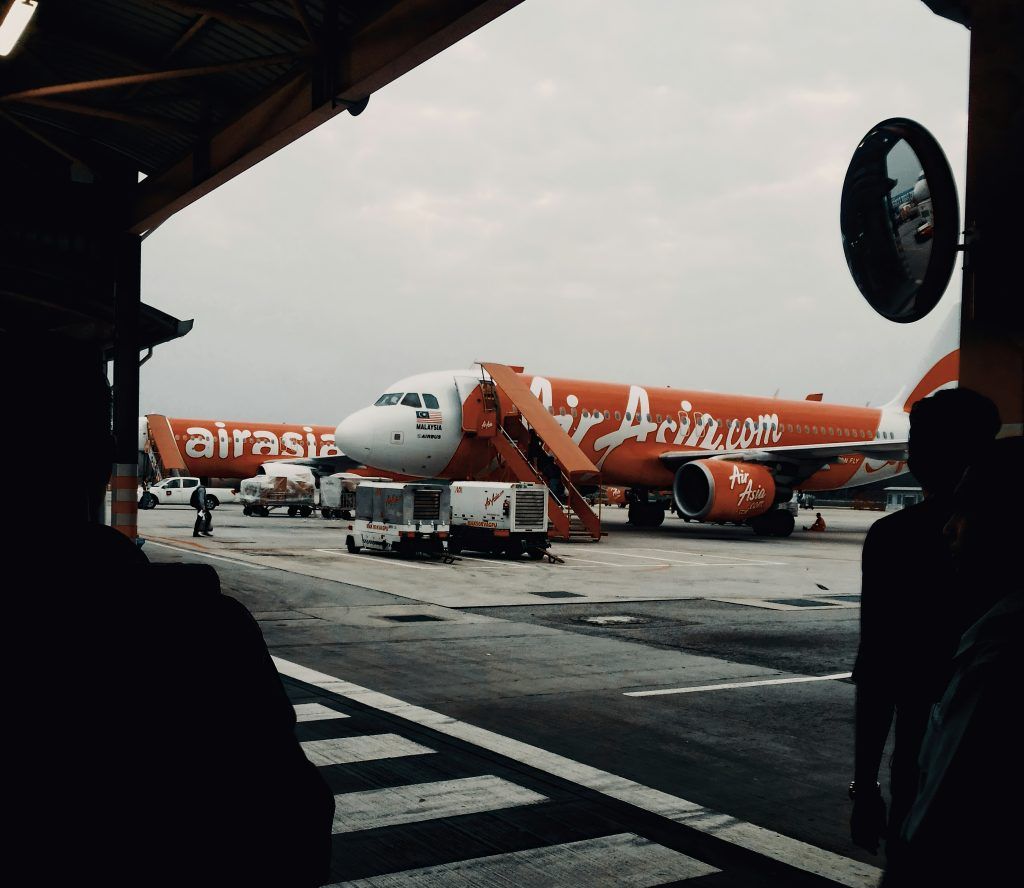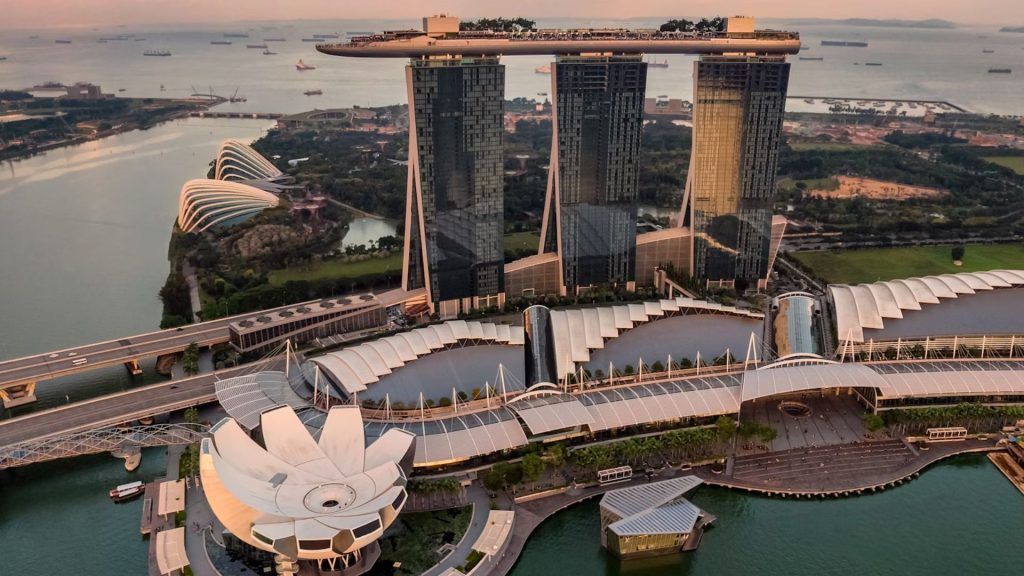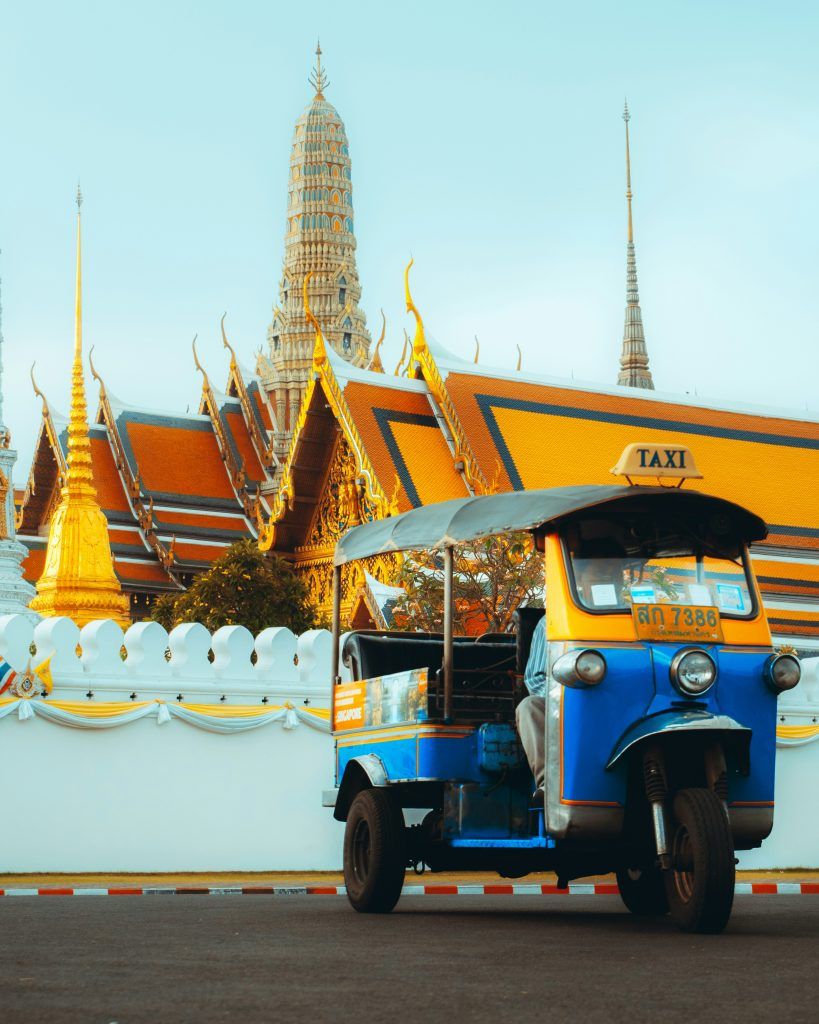Your Indian holiday just became a bit more hassle-free. Thai citizens can now visit India visa-free for six months, starting 1 July.
Following Thailand’s temporary visa exemption for Indian nationals from May 2024 to November 2024, India has announced a reciprocal visa-free entry programme for Thai visitors for six months. Effective July 1, 2024, Thai visitors can plan hassle-free holidays to the multicultural land of India, without waiting over visa applications. The decision is also likely to become a permanent arrangement over time.
[Hero and Featured Image Credit: Sylwia Bartyzel/Unsplash]
Visa-free travel to India: Everything that should be on your itinerary
View this post on Instagram
Across seasons and landscapes, India offers something to delight every kind of traveller. Visiting during the rainy months? Consider Goa, Kodaikanal, Munnar, and Diu for the most wholesome monsoon experiences in India.
Unravel the country’s coastal charms in Goa, India’s party capital or opt for laidback seaside moments in Pondicherry. You can also sidestep the mainstream coastal haunts and opt for India’s beautiful islands for a vacation seeped in solitude, scenery, and sophistication.
Alternatively, spend over a week (and still manage to want more time) in the vibrant state of Rajasthan. From desert glamping and breakfast at palaces to indulging in copious amounts of retail therapy, the state offers all. Enhance your itinerary with our guide to the best things to do in Rajasthan.
Beyond destinations, elevate your vacation by pocketing experiences unique to India. Traverse the country onboard India’s luxury trains equipped with opulent suites, spas, lounges, and world-class diners. The train packages include camel safaris, bird-watching, boat rides, and sightseeing excursions. Have a penchant for art, architecture, and culture? Explore our guide to spell-binding UNESCO World Heritage Sites in India that command a visit.
(Feature Image Credit: twabian/Shutterstock)
This article originally appeared on Travel + Leisure Asia.
















